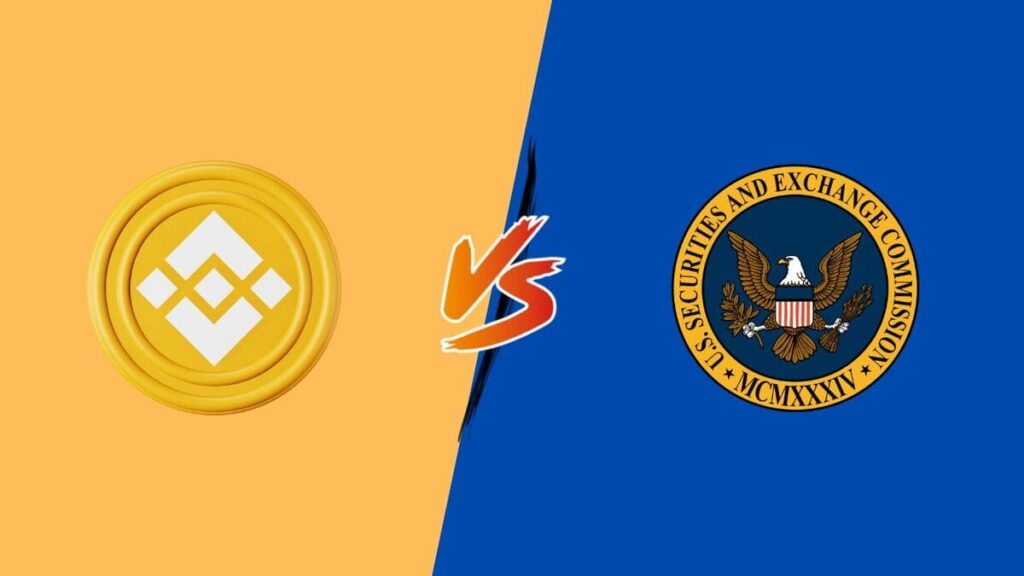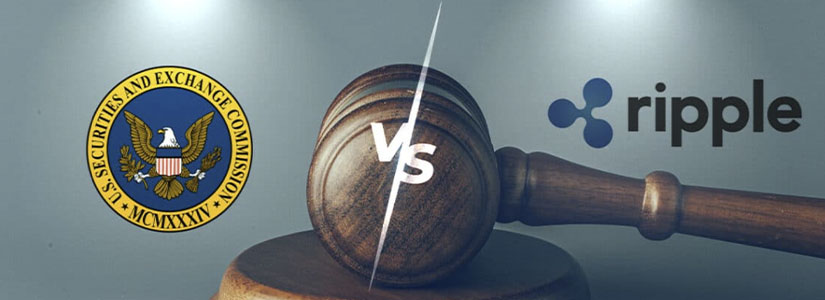TL;DR
- A U.S. federal court ruled that cryptocurrency tokens and secondary sales of BNB do not constitute securities, a historic victory for the crypto industry.
- The court dismissed several SEC allegations. Secondary market buyers of BNB did not purchase these tokens with the expectation of profits.
- The SEC now has to prove that direct sales of BNB are securities transactions.
In a historic decision and another victory for the crypto industry, a United States federal court has ruled that cryptocurrency tokens and secondary sales of Binance’s BNB token do not constitute securities. The ruling, issued by Judge Amy Berman Jackson of the U.S. District Court for the District of Columbia, sets a crucial precedent in the fight for economic freedom and innovation within the crypto economy, moving away from the restrictive regulation that has characterized the U.S. Securities and Exchange Commission (SEC).
The court dismissed several SEC allegations, as the commission could not prove that buyers of BNB in the secondary market acquired these tokens with the expectation of profits. This is an essential criterion for passing the Howey test, a legal framework established by the Supreme Court to determine if a transaction qualifies as an investment contract. Judge Jackson emphasized that the focus should be on the circumstances of each transaction, not the tokens themselves, thus invalidating the SEC’s assertion that crypto tokens are investment contracts subject to its oversight.
BNB Triumphs Over the SEC
The ruling has implications for other ongoing disputes, including the SEC’s lawsuit against Ripple. The decision provides relief to investors and the crypto industry in general, which has been under constant siege by the regulator since the collapse of FTX. In June 2023, the SEC had classified 68 cryptocurrencies, including BNB, as securities and initiated lawsuits against Binance and Coinbase, creating an environment of uncertainty and fear in the market.
In the specific case of Binance, the court also dismissed the SEC’s allegation that its fiat-backed stablecoin, BUSD, is an investment contract. BUSD was marketed as a stablecoin, and there was no evidence that investors expected its value to increase due to the exchange’s efforts.
Despite this victory, some legal cases continue. The court allowed certain SEC allegations to proceed, such as the claim that direct sales of BNB are securities transactions. However, the burden of proof now lies with the regulator, which must demonstrate that customers purchased these tokens as investments and not for other uses











